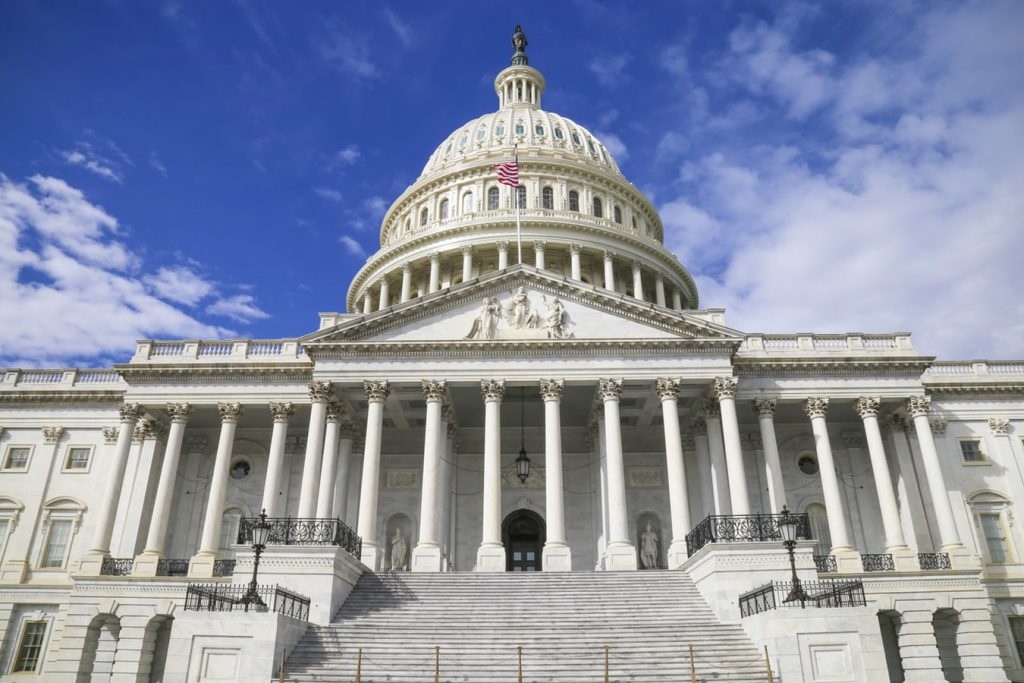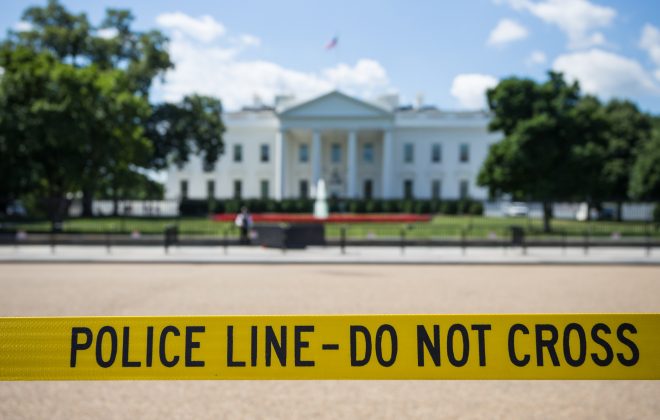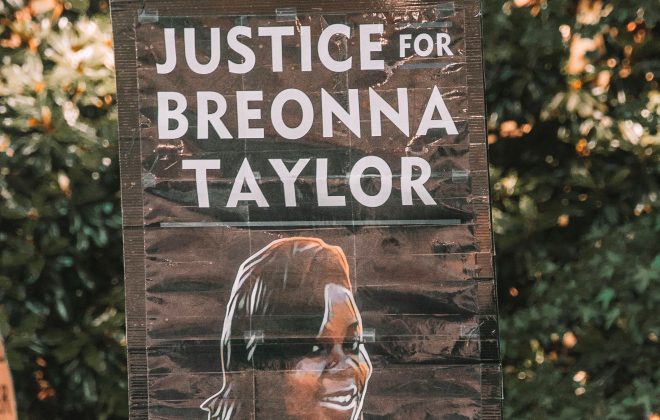NPAP Comments on Back the Blue Act of 2017, S. 1134 and H.R. 2437
The National Police Accountability Project (NPAP) is a non-profit organization whose members hold law enforcement and corrections officers accountable to constitutional and professional standards, through coordinated legal action, public education, and support for grassroots and victims’ organizations. We have over five hundred members nation-wide. Membership is open to lawyers, legal workers, and law students who represent victims of police and correctional misconduct.
While NPAP is opposed to the onerous criminal provisions of the Back the Blue Act of 2017 (S. 1134 and H.R. 2437), NPAP will address only the provisions of the bill that infringe on the fundamental right to hold law enforcement accountable for violating the United States Constitution.
NPAP supports and honors the vast majority of law enforcement officers who are professionals and go to work every day to protect us all, and follow the law. However, some law enforcement officers violate the law, including the Constitution, and the Back the Blue Act would allow those officers to avoid accountability.
Congress has long recognized that civil rights plaintiffs act not only on their own behalf when they pursue civil rights litigation. They act as “private attorneys general” to vindicate all of our civil rights, which Congress has held are of the “highest priority.” Fox v. Vice, 563 U.S. 826, 131 S. Ct. 2205, 2213 (2001), quoting Newman v. Piggie Park Enterprises, Inc., 390 U.S. 400, 402 (1968). The United States Supreme Court has recognized that “[U]nlike most private tort litigants, a civil rights plaintiff seeks to vindicate important civil and constitutional rights that cannot be valued solely in monetary terms.” Blanchard v. Bergeron, 489 U.S. 87, 96 (1989). “Congress has determined that ‘the public as a whole has an interest in the vindication of the rights conferred by the statutes enumerated in § 1988, over and above the value of a civil rights remedy to a particular plaintiff. …’” Piggie Park, 390 U.S. at 402; Riverside v. Rivera, 477 U.S. 561, 574 (1986). Congress enacted 42 U.S.C. §§ 1983 and 1988 to encourage, not thwart, the public’s right to bring civil rights cases to enforce the Constitution and hold government officials accountable when they break the law.
The Back the Blue Act would tell law enforcement officers all they must do in order to avoid accountability for violating the Constitution is accuse the victim of police misconduct of any felony or crime involving violence. Once the victim of police misconduct is accused of any felony or crime of violence, his or her ability to vindicate our fundamental civil rights is destroyed. Even if the victim of police misconduct goes to trial and proves in court that these fundamental Constitutional rights were violated, he or she would only be allowed to recover “necessary out-of-pocket expenditures.” The police misconduct victim would be deprived of all compensatory damages for pain, suffering, emotional distress, and punitive damages to send a message and deter similar misconduct in the future. And, he or she would not be able to act as a private attorney general in bringing the civil rights case in the first place, and would be barred from requiring the law-breaking defendant to pay his or her attorneys’ fees after winning the case.
Because law enforcement officers may only use deadly force in the line of duty to protect themselves or others from an immediate threat of death or serious bodily injury, in any case in which a person is killed by a police officer, the officer will claim the person presented a deadly threat – a crime of violence. In such cases, the wrongful death claimants — often a spouse and/or children — would only be able to recover funeral and burial expenses, effectively locking them out of court. Attorneys will not take on expensive and risky litigation without the hope of reasonable compensation. That’s why Congress enacted § 1988 in the first place.
Furthermore, if the Back the Blue Act is enacted, a police officer who incurs an injury while beating and seriously injuring a person in violation of the Fourth Amendment right to be free from excessive force, would now be able to request federal criminal prosecution of the civil rights plaintiff for up to seven years after the incident, with a mandatory minimum federal criminal sentence of between two and ten years. And, the Act would immediately apply to all pending or future federal civil rights litigation. This would also deter the bringing of meritorious civil rights claims.
Any fair reading of the Back the Blue Act requires the conclusion that one of its purposes is to place law enforcement beyond any accountability for breaking the law. But nobody, not even law enforcement, is above the law.







